Wine aging in the bottle is a subject that has sparked much debate in the wine world. While some argue that wines improve and develop complexity with age, others believe that only certain wines benefit from long-term bottle aging. One thing is clear: not all wines are created equal when it comes to aging potential.
The ability of a wine to age gracefully largely depends on its composition, structure, and balance of acidity, tannins, and fruit flavors. Full-bodied red wines like Cabernet Sauvignon tend to have more potential for improvement with time as their tannins soften and integrate, allowing the complex aromas and flavors to fully emerge. On the other hand, delicate white wines or light-bodied reds may not hold up well over extended periods in the bottle.
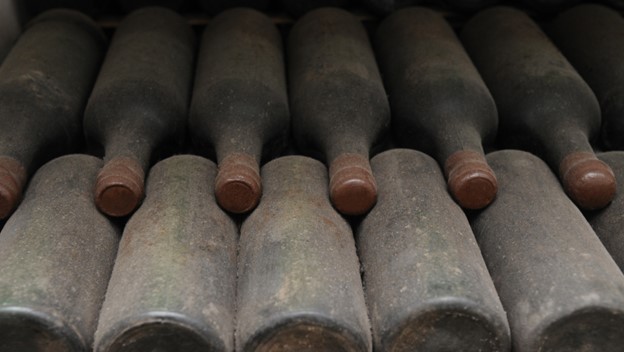
Influences on wine ageing
It’s important to note that just because a wine ages doesn’t necessarily mean it will taste better after several years. Wine evolves during aging but can also deteriorate if stored improperly or for too long.
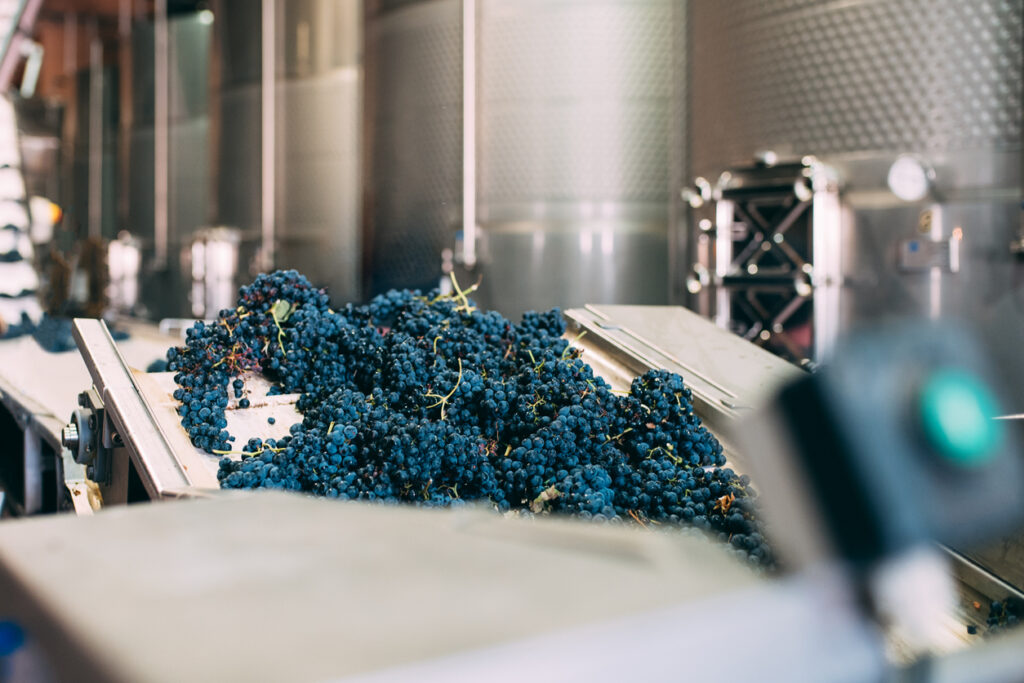
It’s essential to consider factors such as storage conditions, vintage quality, grape variety, winemaking techniques, and personal preference when determining whether a wine should be aged or enjoyed immediately upon purchase. Ultimately, exploring matured bottles can be an exciting journey of discovering new nuances and appreciating the artistry behind winemaking while savoring special moments with loved ones.
When to open a bottle of Wine?
As a general rule, you should consume wine when and how it is intended upon bottling, as the way it has been made is designed by experts and professionals that truly do know best. So with most wines you buy from your local wine shop or supermarket, there is no reason whatsoever to leave them to age. They`re mostly ready to drink.
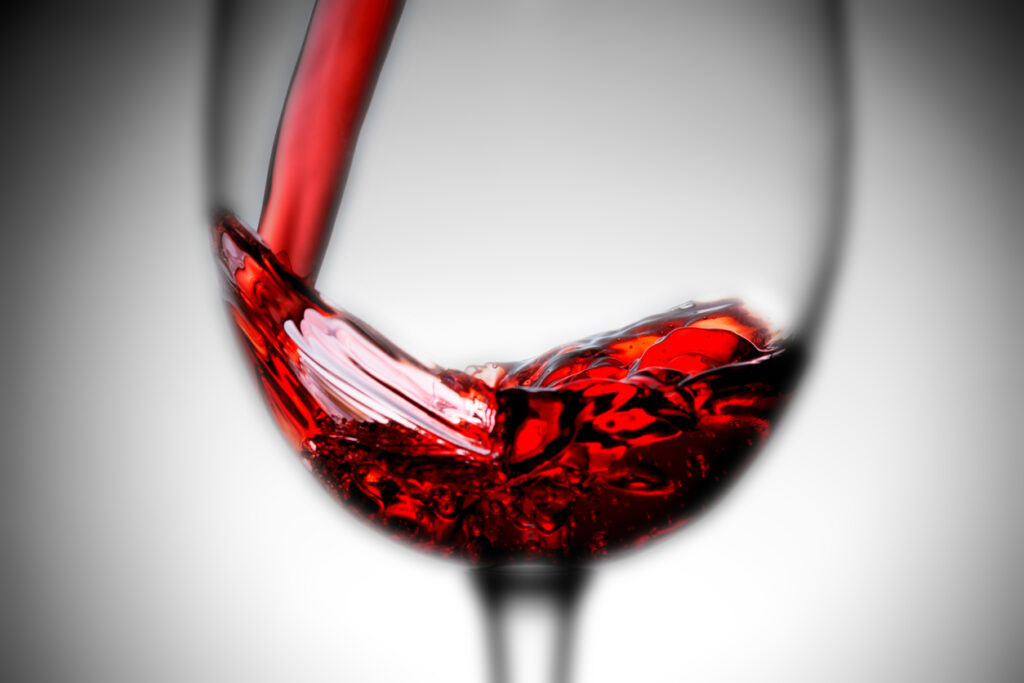
Depending on different factors these wines can further develop into more complex smoother wines or they can deteriorate
But then again, some wines can age pretty well past those first five years, and they can end up becoming nicer, with a myriad of different subtle flavors that enhance the enjoyment.
How long can wine age before it goes bad?
Some wine enthusiasts may argue that the longer a wine ages, the better it becomes. While certain wines can indeed improve with age, it’s important to note that not all wines are meant to be aged for extended periods. Generally speaking, most white wines should be consumed within a few years of their release date.
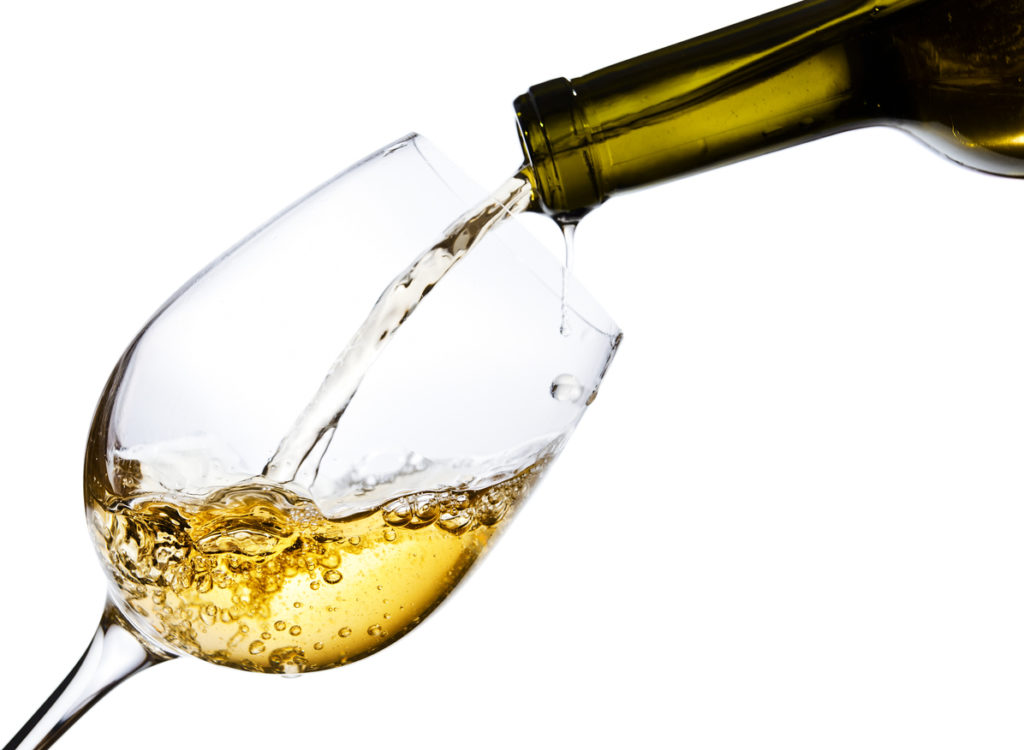
These wines are known for their fresh and fruity characteristics, which tend to diminish over time. However, there are exceptions to this rule, such as certain white varieties like Riesling or Chenin Blanc, which can develop fascinating honeyed aromas and complex flavors after several years in the bottle.
Red Wines
On the other hand, red wines have the potential to age gracefully for decades under proper storage conditions. As red wine ages, its tannins soften and integrate with other components like acidity and fruitiness. This integration creates a harmonious flavor profile often associated with well-aged reds.
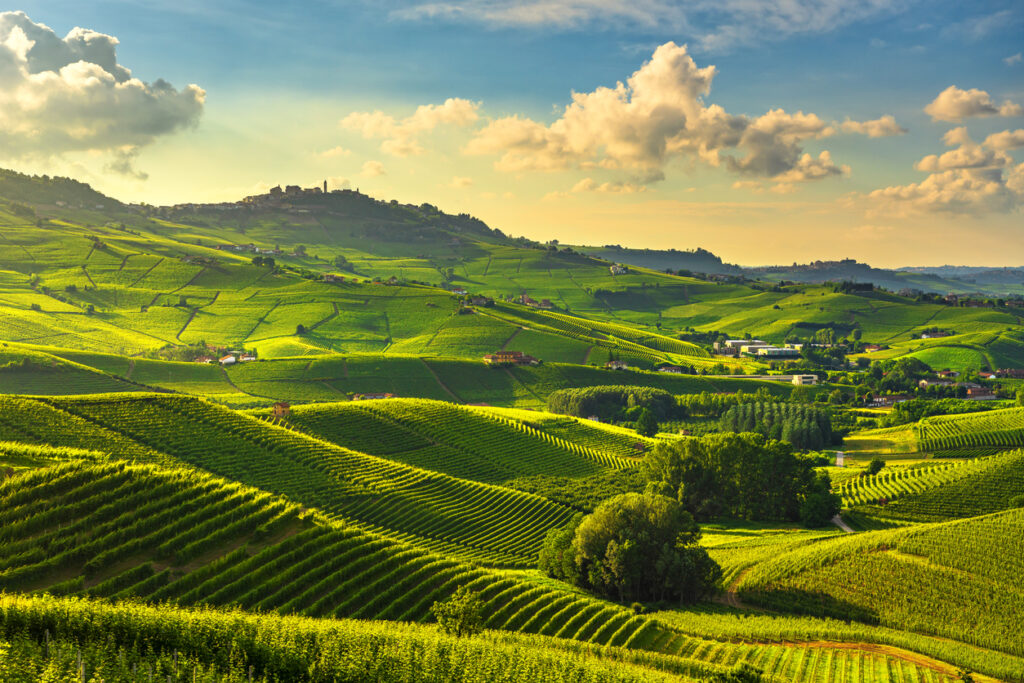
Cabernet Sauvignon from Bordeaux or Barolo from Italy’s Piedmont region are famous examples of red wines that can greatly benefit from aging. These wines possess high levels of tannins and robust structures that gradually evolve into elegant masterpieces over time.
Champagne and High Quality Sparkling Wines
While most people know that they can let a good bottle of wine age for several years, the concept of aging champagne might raise some eyebrows. After all, many of us associate this bubbly drink with celebrations and immediate enjoyment. However, like other wines, champagne can also benefit from aging under the right conditions.
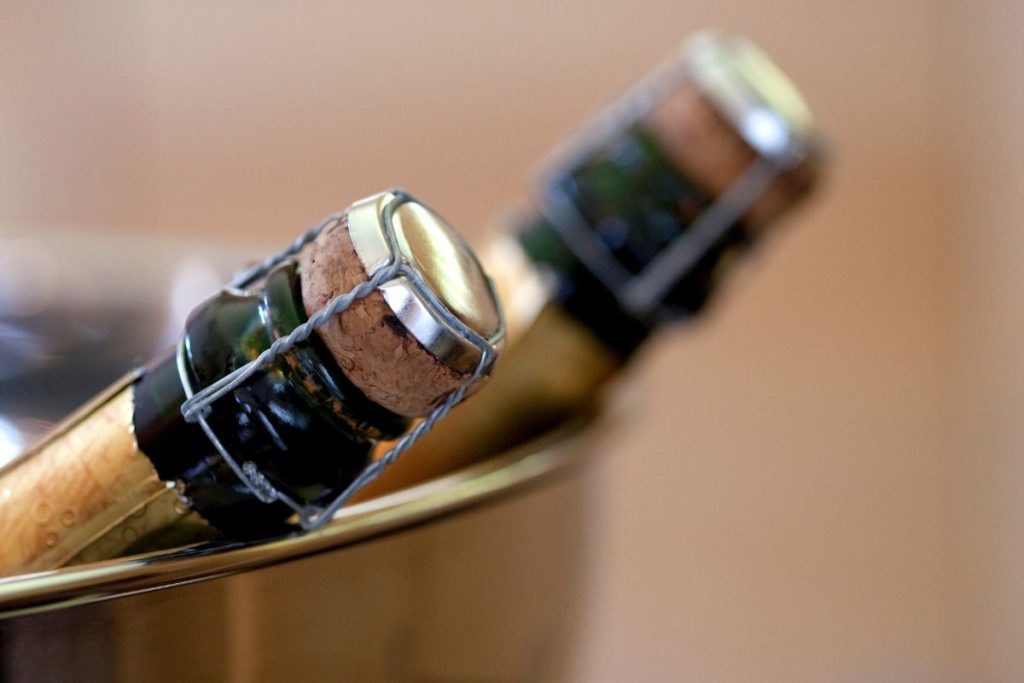
While it is generally recommended to drink non-vintage champagnes within three to five years of bottling and vintage champagnes within ten to fifteen years, some exceptional bottles have been known to reach their peak after decades in the cellar.
Ageing of Champagne
So, what happens to champagne as it ages? The short answer is complexity. Just like fine wines, champagnes develop more intricate flavors and aromas over time due to chemical reactions occurring within the bottle. With aging, fruity notes may evolve into rich nuttiness or hints of honeyed sweetness. The effervescence might soften and become more delicate, enhancing overall finesse. Age-worthy champagnes often gain depth and complexity that can only be achieved through extended periods of maturation.
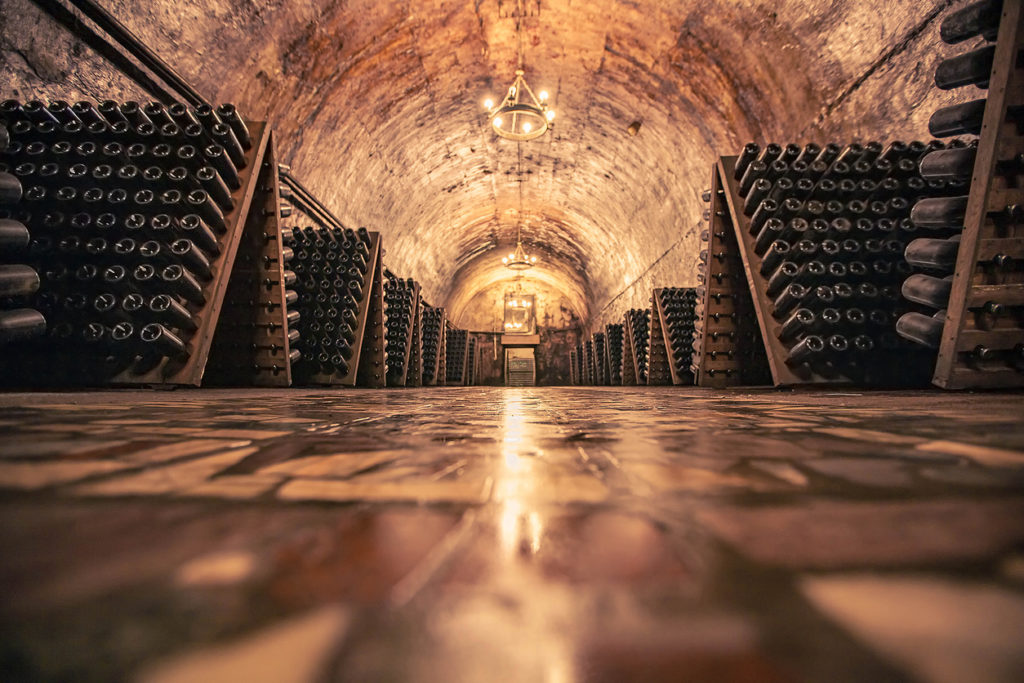
Expiration of Champagne
But how long is too long? Like any perishable beverage, prolonged exposure to air will eventually degrade the quality of even the finest champagne – but much less than you might think! Unlike still wines which continue maturing indefinitely in ideal conditions (for centuries!), most experts agree that champagne generally reaches its tipping point at around twenty-five years post-bottling; however some releases may have greater endurance if stored properly.
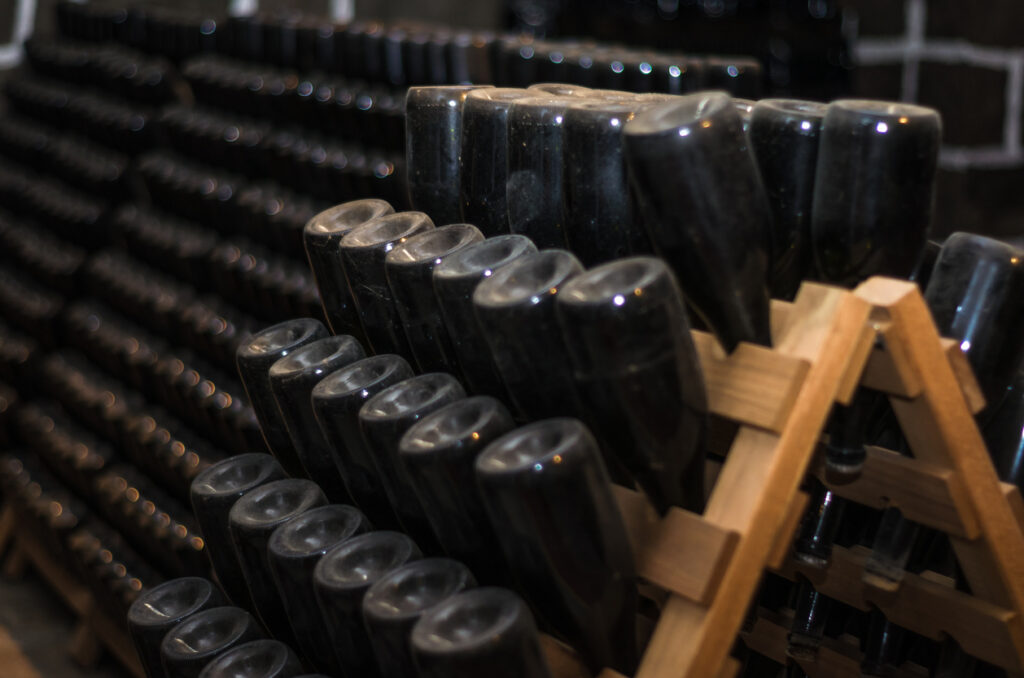
Despite these general guidelines, it’s crucial to understand that every bottle is unique in terms of its aging potential. Factors such as grape variety, winemaking techniques, vintage conditions, and storage environment all play significant roles in determining how long a wine can age before it starts deteriorating.
Rosé Wines
It is a commonly held belief that all wines are meant to be aged, but that’s not necessarily true when it comes to rosé. Unlike red or white wines, which often benefit from aging, most rosés are meant to be enjoyed young and fresh. In fact, the majority of rosés on the market today are best consumed within the first year or two of their release.
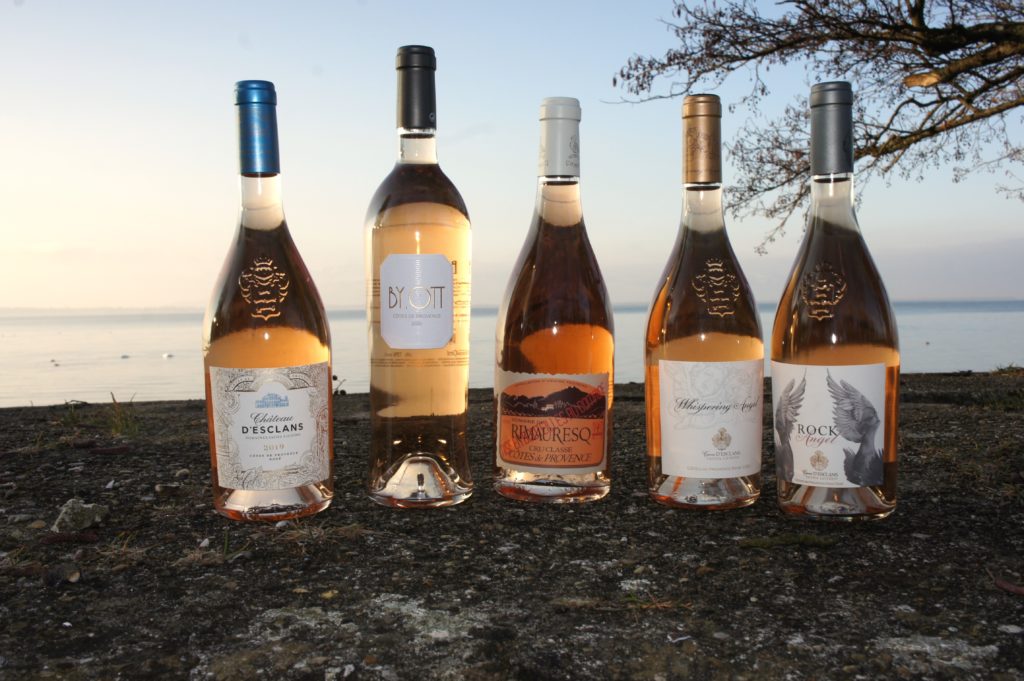
That being said, there are some exceptions to this rule. Some higher quality and more complex rosé wines can actually age quite well. These wines often have more structure and character than your average bottle of pink wine. If you come across a rosé made from grapes like Grenache or Mourvèdre, it might be worth stowing away in your cellar for a few years to see how it develops.
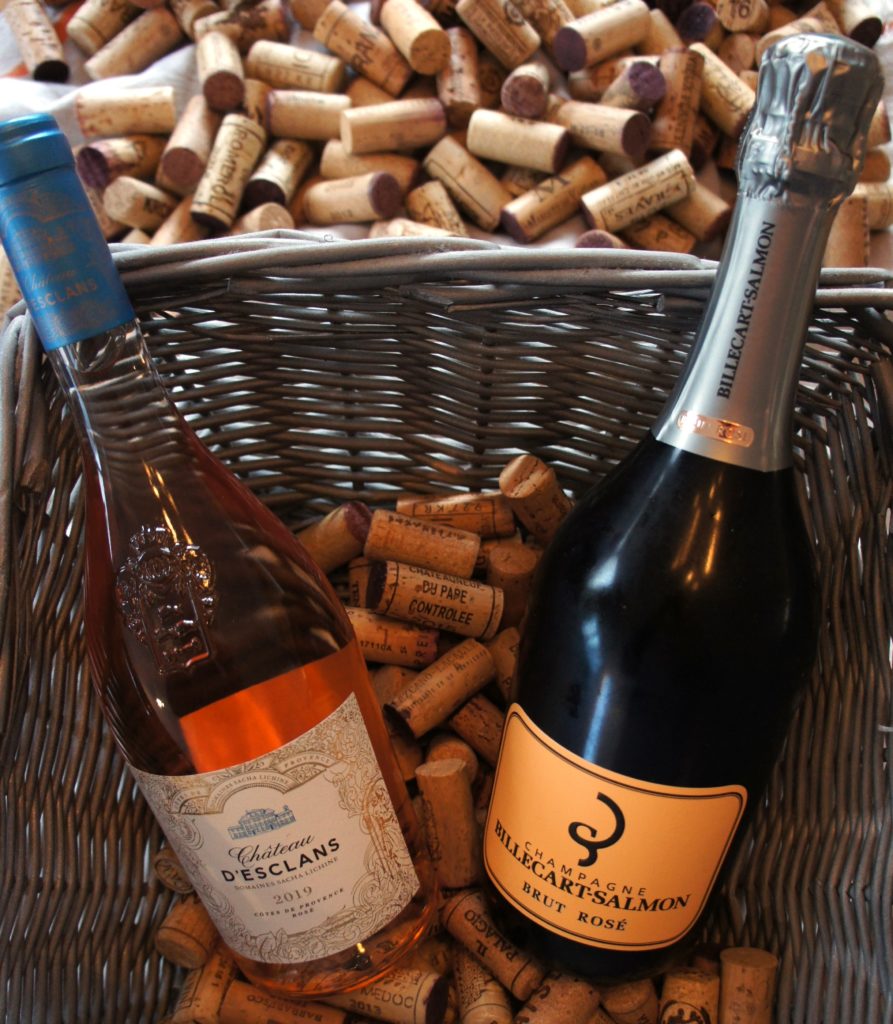
Ultimately, the lifespan of a bottle of rosé depends on its individual characteristics and style. While most should be consumed within a couple of years at most, some may surprise you with their ability to improve with age. So next time you find yourself reaching for a glass of refreshing pink wine, don’t hesitate—drink up!
Vintage Chart
In the vast and complex world of wine, one tool stands out as essential for both connoisseurs and casual enthusiasts alike – the vintage chart. This enigmatic document holds the key to understanding the quality and character of a particular wine year, offering a glimpse into its potential for aging and development. While some may dismiss it as nothing more than a subjective rating system, those in the know understand that vintage charts can reveal fascinating insights about regional climate patterns, winemaking techniques, and even economic factors that shape a wine’s potential.
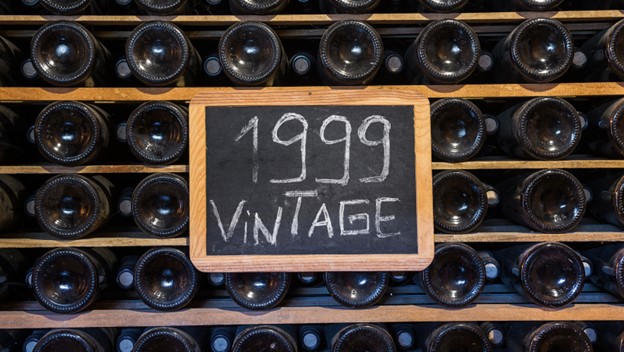
What is a good or bad vintage?
But why is it that certain years are celebrated while others are scorned? The answer lies in Mother Nature’s capriciousness. Each growing season presents unique challenges for winemakers, from excessive heatwaves to unrelenting rainfall. These conditions result in grapes with varying levels of ripeness and flavor profiles, which ultimately affect the quality of the wine produced. By consulting a vintage chart, one can uncover hidden gems from unexpected years or avoid disappointments in supposedly stellar vintages.
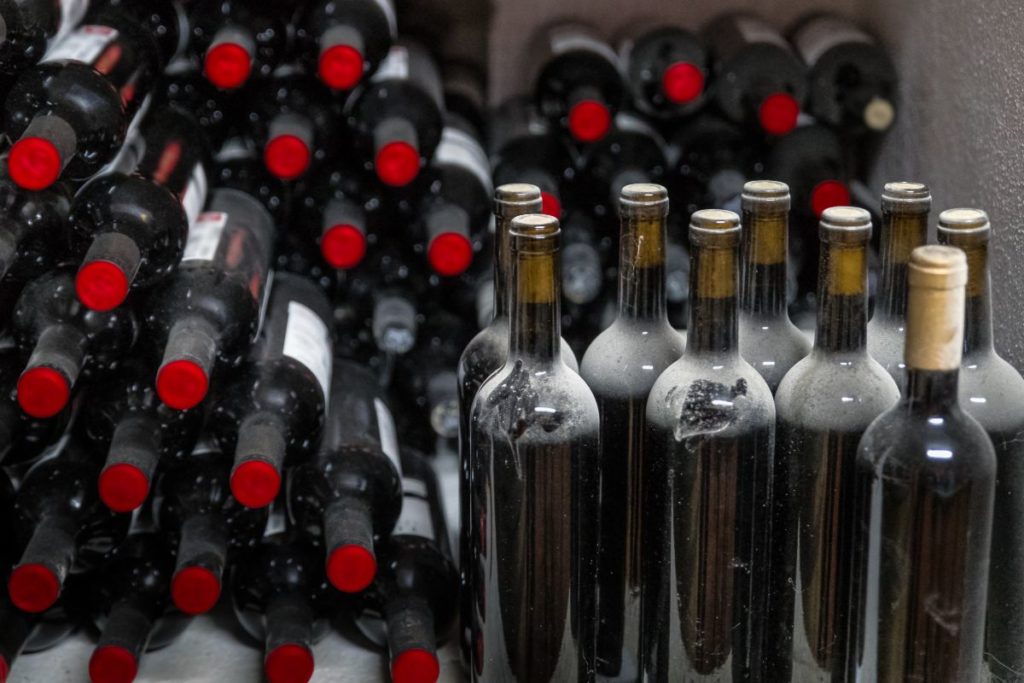
While some may argue that relying on a numerical rating system detracts from the joyful exploration of wines themselves, there is an undeniable thrill in understanding how external factors shape our favorite beverage. The beauty lies not only in discovering remarkable wines from exceptional vintages but also embracing those lesser-known years that have been unfairly overshadowed.
Take a look at our easy to use vintage chart. It quickly tells you if a vintage from a given region is at its peak or if you should wait!
How do you know if a wine will age well?
When it comes to determining whether a wine will age well, several key factors come into play. Firstly, it is essential to consider the grape variety being used.
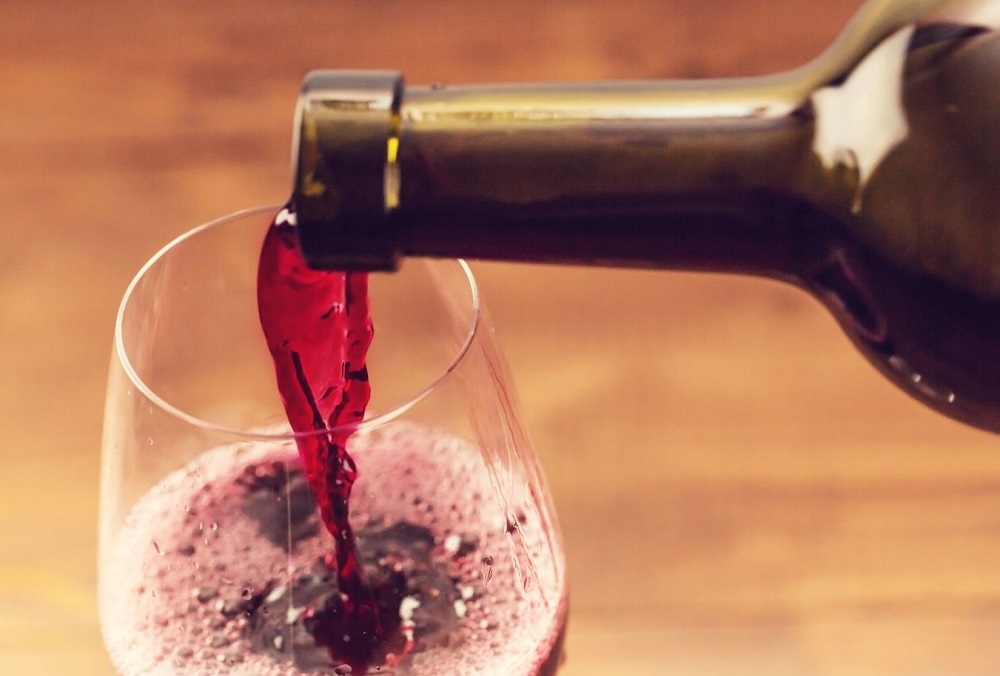
Grape varieties
Certain grape varieties, such as Cabernet Sauvignon and Nebbiolo, are known for their longevity and ability to age gracefully over time. These grapes often possess high levels of tannins and acidity, which act as natural preservatives. Additionally, wines with higher alcohol content tend to have better aging potential.
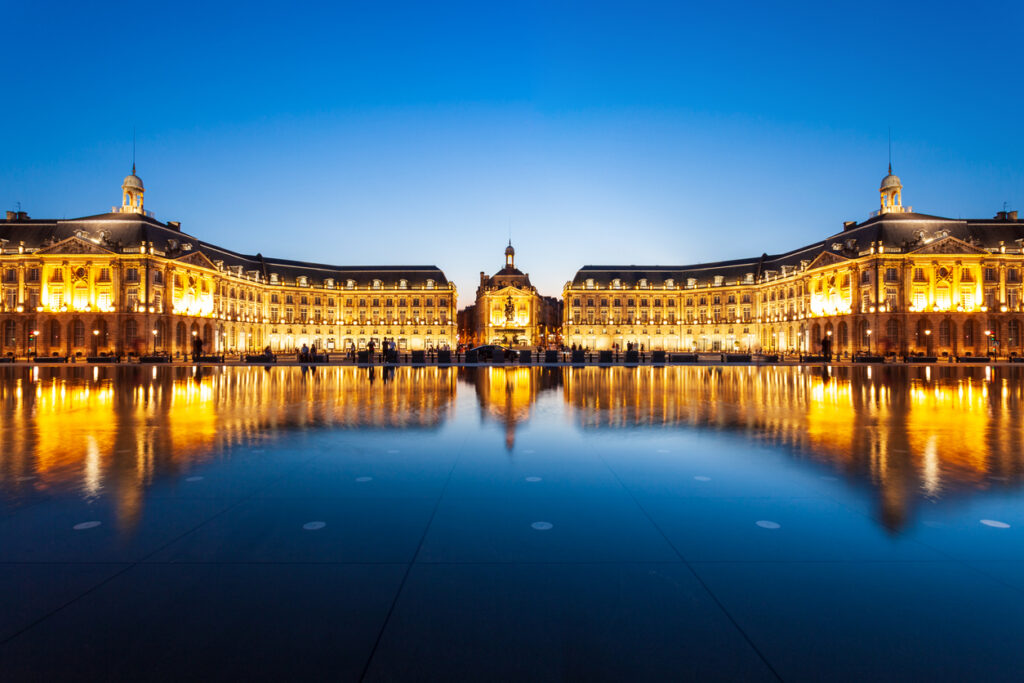
Region and Terroir
Another crucial aspect to consider is the region in which the wine is produced. Different regions have varying climates and terroir that can greatly impact a wine’s aging potential. For example, wines from cooler regions like Burgundy or Germany tend to be more suitable for aging because of their higher acidity levels.
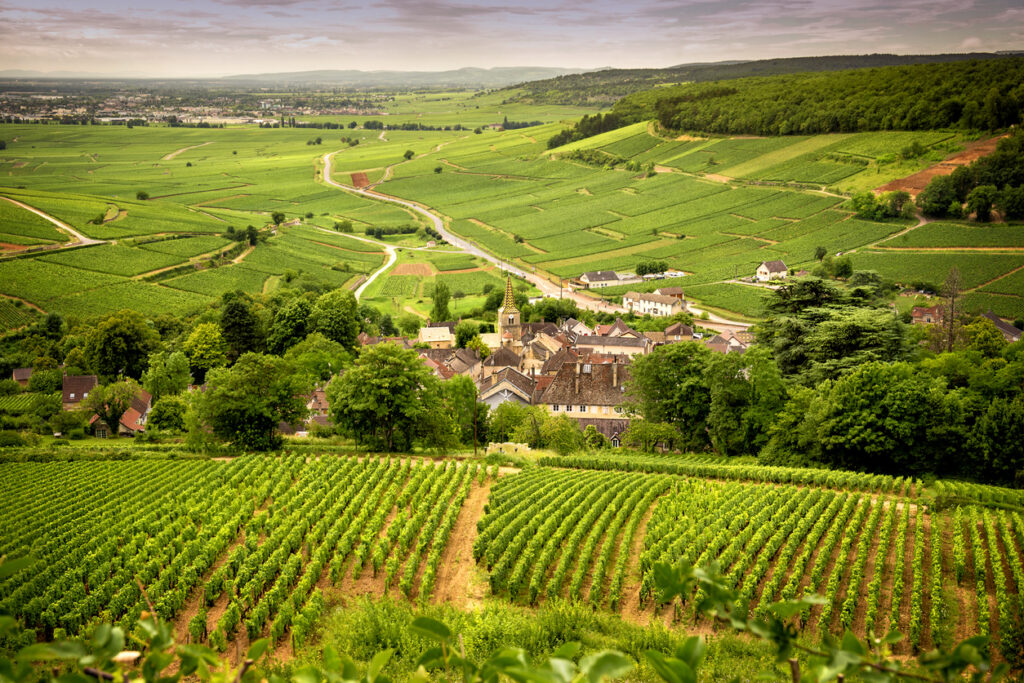
The winemakers Skill
Furthermore, winemaking techniques also play a significant role in determining a wine’s ageability. Wines that are aged in oak barrels or undergo extended maceration periods during fermentation often develop greater complexity and structure over time.
Overall, when evaluating whether a wine will age well or not, it’s important to assess multiple factors – grape variety, region of production, and winemaking techniques – all of which contribute to different aspects of the aging process.
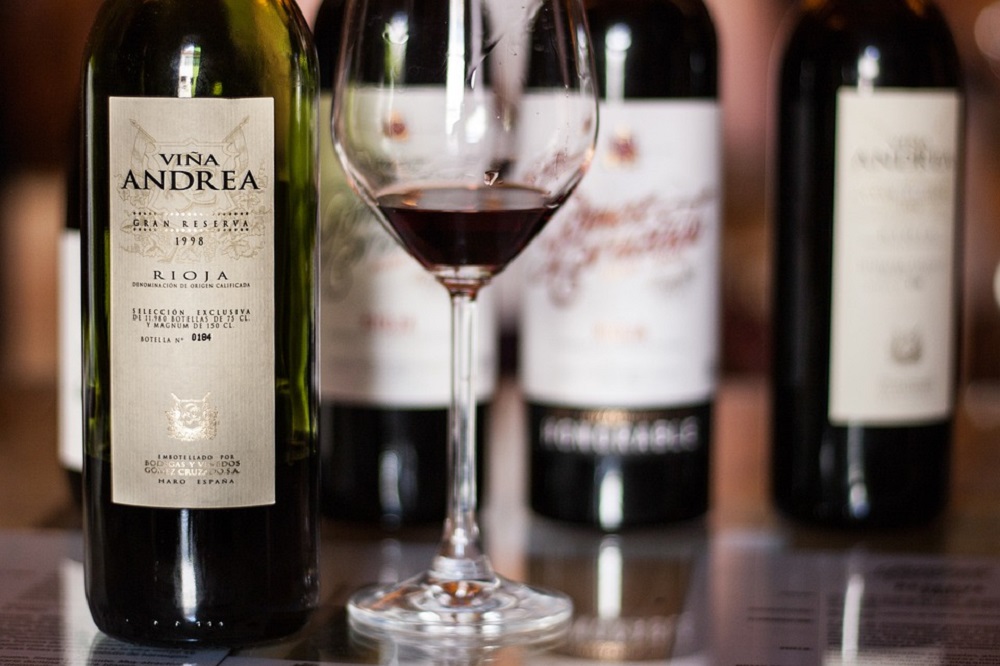
Conclusion
In conclusion, the question of whether wine ages in the bottle is a complex one. While some wines can improve and develop new flavors with time, not all wines are meant for long-term aging. Factors such as grape variety, winemaking techniques, and storage conditions all play a significant role in determining how well a wine will age. It is essential for wine enthusiasts to research and understand the specific characteristics of each wine they intend to age. Furthermore, keeping wines in optimal conditions, such as a cool and dark cellar, is crucial. So next time you consider aging a bottle of wine, remember to do your homework and create the perfect environment for it to reach its full potential.

